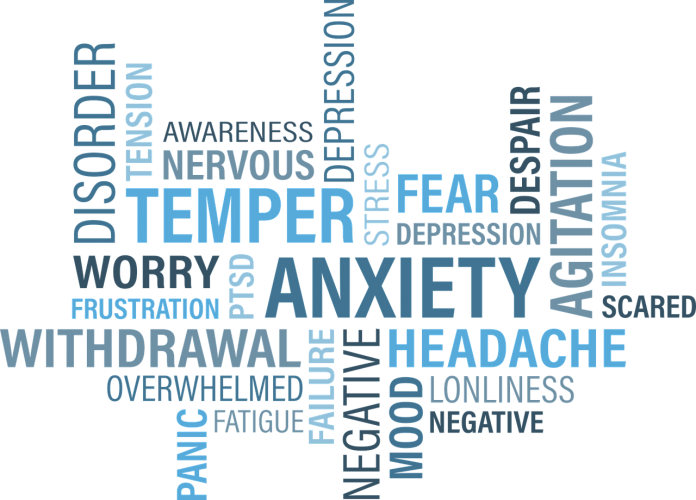Panic disorder is a type of anxiety disorder. The DSM-5 (Diagnostic and Statistical Manual of Mental Disorders) defines panic attacks as abrupt surges of intense fear or discomfort that peak within minutes. It is a serious condition characterized by recurrent panic attacks and at least a month of worry or concern about future attacks, as well as behavioral changes centered on the attacks.
In some cases a panic attack is when you feel sudden, overwhelming terror that has no obvious cause. You may experience physical symptoms, such as a racing heart, breathing difficulties and sweating.
Symptoms of Panic Disorder
- racing heartbeat or palpitations.
- shortness of breath.
- feeling like you are choking.
- dizziness (vertigo).
- light-headedness.
- nausea.
- sweating or chills.
- shaking or trembling.
- changes in mental state as a result may feel derealization i.e. feeling of unreality.
- chest pain or tightness.
- fear that you might die.
Causes of Panic Disorder
However exact causes of panic disorder are unknown. But there are four reasons which can cause Panic disorder.
- Stressful life events like getting married, likewise having a first child, moving, and getting divorced are major life changes that can induce feelings of intense worry and apprehension.
2. Genetics mood disorders, anxiety does tend to run in families, and having a parent with panic disorder can put you at higher risk for the condition.
3. Environmental events such stressful and negative exposure in life or environmental.
4. Physical health conditions, such as thyroid problems or heart arrhythmias, or caffeine or other substances/medications.
Treatments
Treatment for panic disorder focuses on reducing or eliminating your symptoms.
- Therapy: Cognitive-behavioral therapy (CBT), therapy teaches you to change your thoughts and actions so that you can understand your attacks and manage your fear.

- Medication: Medication for anxiety is prescribed by doctors such as a psychiatrist but it does not cure anxiety disorders but can help relieve symptoms. In some countries psychologists have special training to prescribe psychiatric medications. Medications used to combat anxiety disorders are anti-anxiety drugs, antidepressants and many more based on the conditions of the person.
- Support Groups: Joining self-help, support group; sharing their problems and achievements with others might benefit anxiety disorders people.

Talking with a trusted friend or member of the clergy can also provide support, but it is not necessarily a sufficient alternative to care from a doctor or other health professional.
Panic disorder is often a chronic (long-term) condition therefore it can be difficult to treat. Some people with this disorder do not respond well to treatment.































